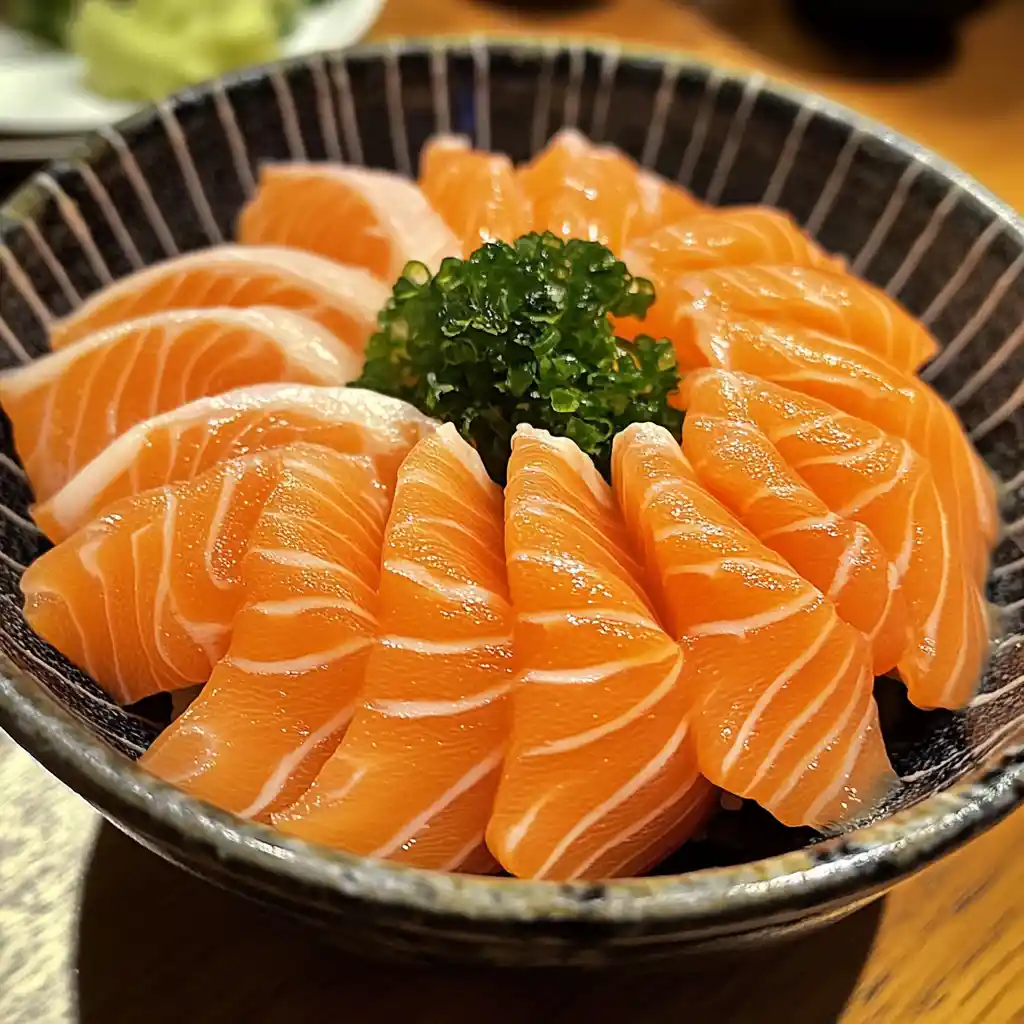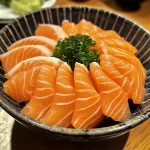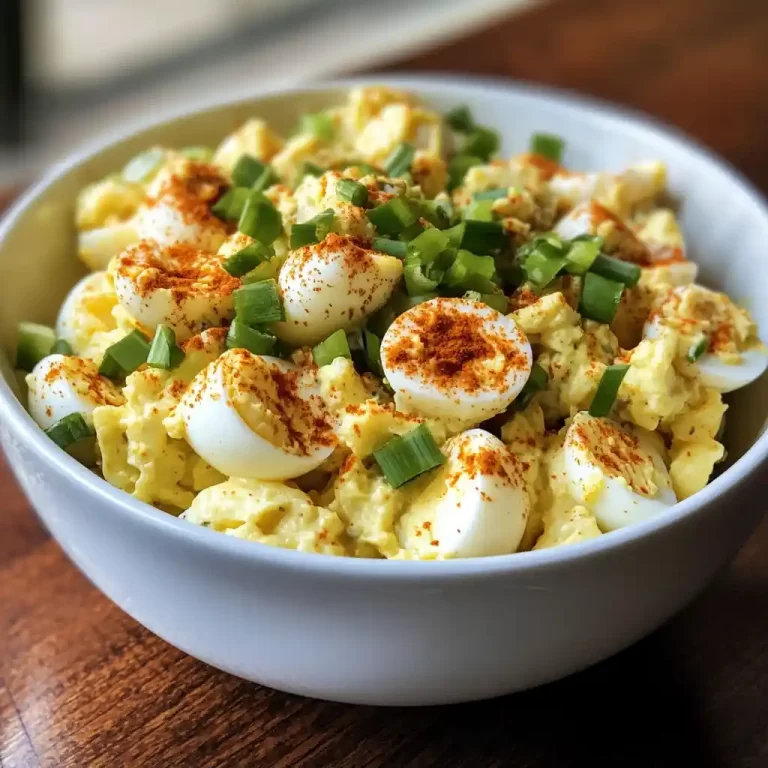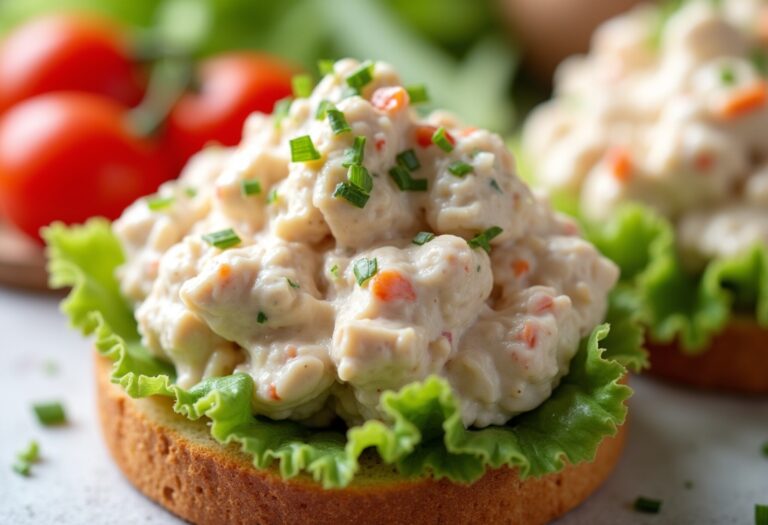Delicious Salmon Sashimi Recipe

Salmon sashimi is a delectable Japanese delicacy that has gained immense popularity worldwide. With its melt-in-your-mouth texture and delicate, fresh flavor, it’s no wonder this dish has become a favorite among seafood enthusiasts. And the best part? You don’t have to be a professional chef to enjoy this culinary delight at home.
In this comprehensive guide, we’ll walk you through the steps to create your own restaurant-quality salmon sashimi in the comfort of your own kitchen. Get ready to impress your friends and family with this easy-to-prepare, yet utterly impressive dish.
❤️ Why You’ll Love This Recipe ❓
Salmon sashimi is not only a feast for the senses, but it’s also incredibly versatile and accessible. The combination of the silky-smooth texture and the subtly sweet, ocean-fresh flavor of the salmon creates a truly remarkable dining experience. Whether you’re hosting a dinner party or simply craving a healthy, delicious meal, this recipe is sure to delight.
What sets this salmon sashimi recipe apart is its simplicity. With just a few high-quality ingredients and minimal preparation, you can achieve restaurant-level results at home. Plus, the make-ahead nature of this dish means you can have it ready to serve at a moment’s notice, making it the perfect choice for any occasion.
🛒 What You Need to Prepare Salmon Sashimi ❓
• 2 tablespoons soy sauce
• 1 tablespoon rice vinegar
• 1 teaspoon sesame oil
• 1 teaspoon freshly grated ginger
• 1 teaspoon toasted sesame seeds
• Sliced cucumber, for serving (optional)
The beauty of this salmon sashimi recipe is that most ingredients are pantry or freezer staples. The combination of fresh salmon, soy sauce, rice vinegar, and aromatic ginger creates the authentic Japanese-inspired flavor profile that has made sashimi recipes perennially popular.
📝 How to Make Salmon Sashimi Step-by-Step ❓
• Step 2: In a small bowl, whisk together the soy sauce, rice vinegar, sesame oil, and grated ginger until well combined.
• Step 3: Arrange the sliced salmon on a serving platter or individual plates. Drizzle the soy sauce mixture over the top, ensuring each piece is lightly coated.
• Step 4: Sprinkle the toasted sesame seeds over the salmon sashimi, and garnish with sliced cucumber if desired.
• Step 5: Chill the prepared salmon sashimi in the refrigerator for at least 30 minutes to allow the flavors to meld before serving.
⏱️ Timing Overview
• Chilling time: 30 minutes
• Total time: 45 minutes
Compared to traditional sushi preparation, which can take up to an hour or more, this salmon sashimi recipe saves you significant time while delivering similar flavors and a stunning presentation.
👩🏻⚕️ Nutritional Information
Per serving (based on 4 servings):
• Protein: 24g
• Carbohydrates: 2g
• Fat: 12g
• Fiber: 0g
• Sodium: 573mg
These salmon sashimi slices provide approximately 48% of your daily protein requirements and 24% of your daily omega-3 fatty acid needs, making them not just delicious but nutritionally valuable as well.
🔄 Healthier Alternatives for the Recipe
• Lower-carb version: Omit the rice vinegar and replace it with a small amount of lemon juice or apple cider vinegar to lower the carbohydrate count.
• Dairy-free adaptation: This recipe is naturally dairy-free, as it does not contain any dairy products.
• Added protein: Serve the salmon sashimi with a side of edamame or a mixed green salad to boost the protein content of the meal.
• Boost vegetables: Garnish the sashimi with thinly sliced radish, carrots, or microgreens for an extra pop of color and nutrients.
These modifications can reduce calories by up to 15% or adapt the recipe for specific dietary needs without compromising the fundamental flavor profile of the salmon sashimi.
🍽️ Serving Suggestions
• Pair the sashimi with a side of warm, steamed edamame for a complete, protein-packed meal.
• Complement the dish with a simple miso soup or a refreshing cucumber salad for a well-rounded Japanese-inspired feast.
• For a light and healthy lunch, serve the salmon sashimi with a side of steamed rice and a drizzle of additional soy sauce or wasabi paste.
• Create an elegant appetizer platter by arranging the salmon sashimi slices alongside pickled ginger, wasabi, and crisp seaweed sheets.
❌ Common Mistakes to Avoid
• Over-chilling the salmon: While it’s important to chill the sashimi before serving, leaving it in the refrigerator for too long can cause the texture to become too firm and dry. Aim for a minimum of 30 minutes, but no more than 2 hours.
• Cutting the salmon incorrectly: Slicing the salmon at the wrong angle or with a dull knife can result in ragged, uneven pieces. Use a sharp, thin-bladed knife and make clean, precise cuts for the best presentation.
• Overcrowding the platter: Arrange the salmon sashimi slices in a single layer on the serving platter, allowing enough space between each piece to prevent them from sticking together.
• Skipping the chilling step: Chilling the sashimi is crucial to achieve the desired texture and temperature. Serving the salmon at room temperature can result in a less-than-optimal dining experience.
🧊 Storing Tips for the Recipe
These salmon sashimi slices retain their quality remarkably well:
• Freezing unbaked: For longer storage, the unsliced salmon fillets can be frozen for up to 3 months. Thaw in the refrigerator overnight before slicing and preparing the sashimi.
• Freezing baked: Cooked and chilled salmon sashimi can be frozen for up to 2 months. Wrap the slices individually in plastic wrap or place them in a single layer in an airtight container. Thaw in the refrigerator overnight before serving.
• Reheating: Avoid reheating the salmon sashimi, as this can compromise the delicate texture. If the sashimi has been refrigerated, simply let it come to room temperature before serving.
❓ FAQs
Can I make the salmon sashimi in advance?
Absolutely! The beauty of this recipe is that it can be prepared up to 2 days in advance. Simply slice the salmon, prepare the sauce, and assemble the sashimi. Store the prepared dish in an airtight container in the refrigerator until ready to serve.
Can I substitute the salmon for a different type of fish?
Yes, you can use other types of sushi-grade fish, such as tuna, yellowtail, or halibut, to create a variety of sashimi dishes. Keep in mind that the flavor and texture may differ slightly, but the overall preparation method will remain the same.
Is this recipe suitable for a low-carb or keto diet?
Yes, this salmon sashimi recipe is naturally low in carbohydrates, making it a great option for those following a low-carb or keto dietary plan. You can further reduce the carb count by omitting the rice vinegar and using a low-sugar soy sauce alternative.
What if I can’t find sushi-grade salmon?
If you cannot find sushi-grade salmon, it’s best to use the freshest, highest-quality salmon available. Avoid pre-frozen salmon, as the freezing process can affect the texture and flavor. You may need to adjust the chilling time to ensure the salmon is firm and cold before serving.
Can I add any additional toppings or garnishes to the sashimi?
Absolutely! This salmon sashimi recipe is highly versatile and can be customized with a variety of toppings and garnishes. Consider adding sliced avocado, pickled ginger, micro greens, or a drizzle of spicy mayo for extra flavor and visual appeal.
Conclusion
These delectable salmon sashimi slices represent the perfect balance of convenience, flavor, and presentation. Whether you’re serving them as a sophisticated appetizer or as the centerpiece of a healthy, Japanese-inspired meal, they’re sure to impress with their silky-smooth texture and fresh, ocean-inspired taste.
With simple ingredients and straightforward preparation, this salmon sashimi recipe demonstrates that sophisticated flavors don’t require complicated techniques – just quality ingredients and a little bit of care in the slicing and assembly. So why not treat yourself and your loved ones to this restaurant-quality dish in the comfort of your own home?
Print
Delicious Salmon Sashimi Recipe
- Total Time: 45 minutes
Ingredients
• 1 lb fresh, sushi-grade salmon fillets
• 2 tablespoons soy sauce
• 1 tablespoon rice vinegar
• 1 teaspoon sesame oil
• 1 teaspoon freshly grated ginger
• 1 teaspoon toasted sesame seeds
• Sliced cucumber, for serving (optional)
Instructions
• Step 1: Ensure your salmon fillets are fresh, sushi-grade, and free of any bones or skin. Slice the salmon into thin, bite-sized pieces, approximately 1/4 inch thick.
• Step 2: In a small bowl, whisk together the soy sauce, rice vinegar, sesame oil, and grated ginger until well combined.
• Step 3: Arrange the sliced salmon on a serving platter or individual plates. Drizzle the soy sauce mixture over the top, ensuring each piece is lightly coated.
• Step 4: Sprinkle the toasted sesame seeds over the salmon sashimi, and garnish with sliced cucumber if desired.
• Step 5: Chill the prepared salmon sashimi in the refrigerator for at least 30 minutes to allow the flavors to meld before serving.
- Prep Time: 15 minutes
- Cook Time: 30 minutes
- Category: Dinner
- Cuisine: Americans
Keywords: Delicious Salmon Sashimi Recipe






